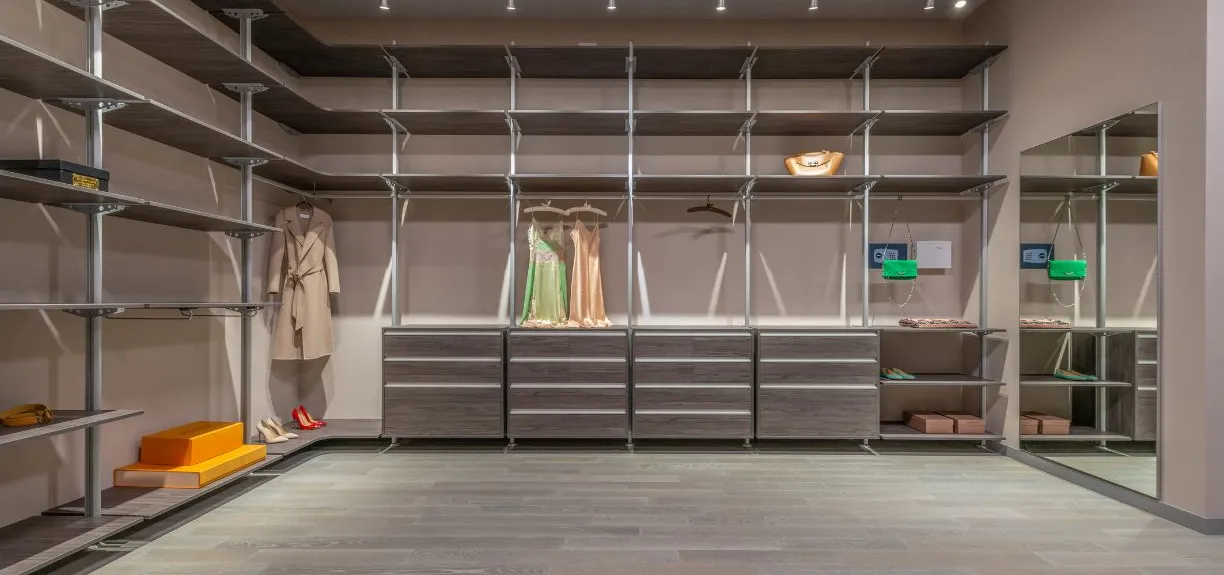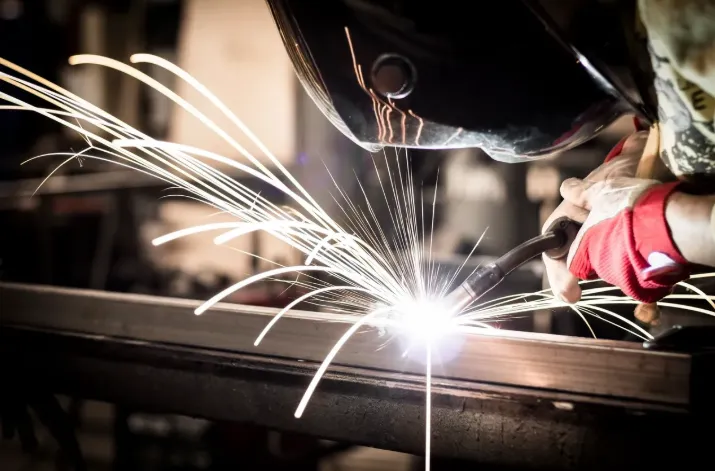Moving to a new space, whether it’s a different city, a new house, or even a new country, is both exciting and daunting. There are countless details to manage, and it’s easy to overlook some essentials in the hustle and bustle of the transition. Here’s a comprehensive guide on what not to forget when setting up your life in a new space.
Prioritize Utilities and Essential Services
- Utilities Setup: Ensure that your basic utilities, such as electricity, water, gas, and internet, are set up and functioning before you move in. It’s essential to contact the utility companies in advance to schedule these services.
- Trash and Recycling: Find out the schedule for trash and recycling collection in your new area. Get the necessary bins or bags and understand the rules for sorting waste, which can vary by location.
Address Change and Documentation
- Change of Address: Notify important entities of your change of address. This includes the postal service, banks, insurance companies, credit card companies, and any subscriptions or memberships you hold.
- Update Personal Documents: Update your driver’s license, vehicle registration, and any other identification documents. In some cases, you might need to visit local government offices, so research the requirements and process.
Health and Safety
- Medical Care: Find a new primary care physician, dentist, and any other healthcare providers you might need. You should take some time to judge the options in your area and choose which one will suit you, such as looking into private dental services in Worcester if you move to the area. Transfer your medical records and ensure you have all necessary prescriptions filled during the transition period.
- Emergency Services: Know the locations of the nearest hospital, urgent care center, and pharmacy. Familiarize yourself with the local emergency numbers and services available in your area.
Home Setup and Maintenance
- Security: Change the locks on your new home to ensure security. Set up any security systems, alarms, or cameras you might want to use. Meet your neighbors, if possible, to build a sense of community and mutual watchfulness.
- Home Inspection: Conduct a thorough inspection of your new home for any immediate repairs or maintenance needs. Check for issues with plumbing, electrical systems, and structural integrity. Address these promptly to avoid future complications.
Local Essentials and Navigation
- Grocery Stores and Markets: Identify the nearest grocery stores, supermarkets, and farmers’ markets. Knowing where to get your daily necessities will make settling in much smoother.
- Public Transportation and Routes: Familiarize yourself with the local public transportation system. Understand the routes, schedules, and how to get to key places like work, school, and shopping centers.
Social and Community Integration
- Schools and Childcare: If you have children, enroll them in school and arrange for any necessary childcare. Visit the schools to meet teachers and understand the curriculum and extracurricular activities available.
- Community Involvement: Get involved in local community groups, clubs, or organizations. This can help you meet new people, make friends, and feel more at home in your new environment.
Financial and Legal Considerations
- Local Banking: If you’re moving to a new country or city, consider opening a local bank account. This can make financial transactions easier and more cost-effective.
- Legal Obligations: Understand any legal obligations you might have in your new area, such as taxes, property regulations, or residency requirements. Consulting with a local attorney can be beneficial.
Personal Comfort and Enjoyment
- Personalize Your Space: Make your new house feel like home by personalizing it with your favorite decor, photos, and furnishings. Creating a comfortable and familiar environment can ease the transition.
- Explore and Enjoy: Take time to explore your new surroundings. Visit local parks, restaurants, museums, and other attractions. Getting to know your new area can make the transition more enjoyable and help you feel more connected.
Conclusion
Moving to a new space requires meticulous planning and attention to detail. Remember, it’s the small details that can make a significant difference in how quickly and comfortably you settle into your new environment. By addressing these essential areas, you can set your life up efficiently and start enjoying your new space with confidence.









